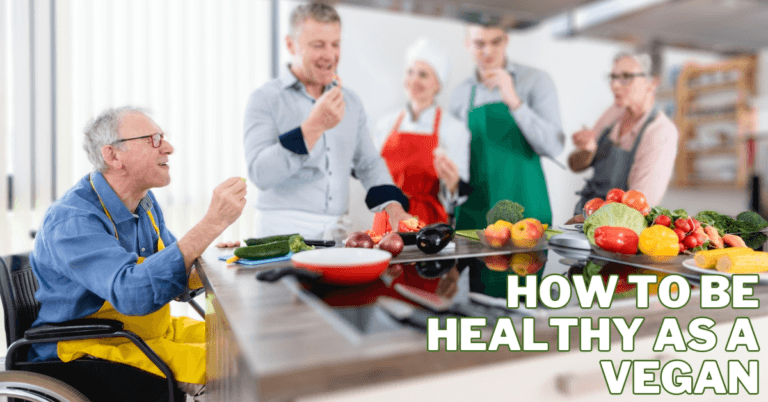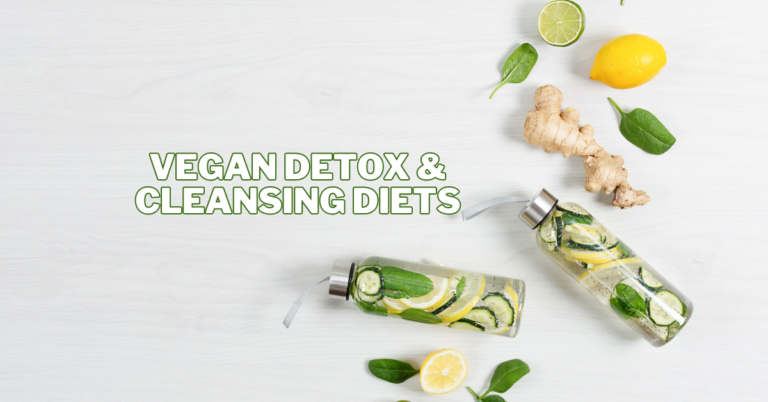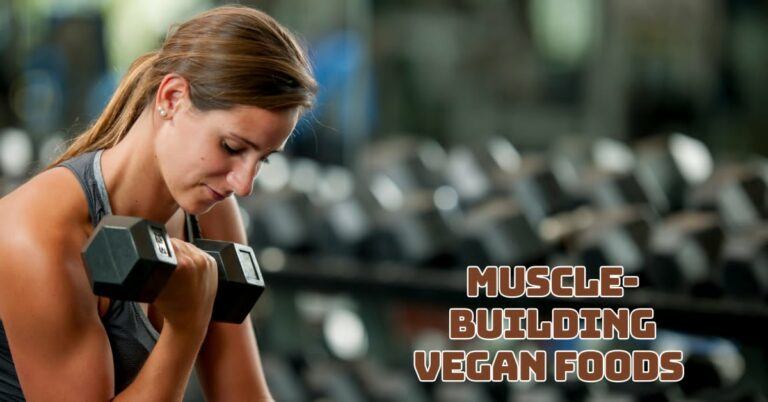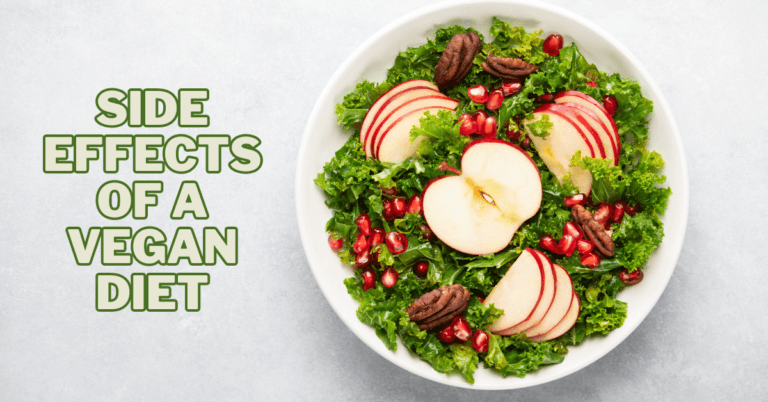Best Ways To Be A Healthy Vegan
Best Ways To Be A Healthy Vegan
In recent years, veganism has gained significant popularity as more individuals embrace a plant-based lifestyle for various reasons, including ethical concerns, environmental sustainability, and health benefits.
By eliminating animal products from their diets, vegans seek to make compassionate choices while improving their well-being. However, veganism requires careful consideration to ensure proper nutrition and overall health.
Following these guidelines and adopting a mindful approach to veganism can nourish your body with the nutrients it needs while supporting your overall health and well-being.
Remember that each person has specific dietary requirements, and speaking with a trained dietitian or nutritionist can help you improve your vegan lifestyle.
Embarking on a healthy vegan journey can be an empowering and transformative experience.
Let's explore the strategies and insights to help you become a vibrant and thriving vegan, fueling your body and mind with compassion and vitality.
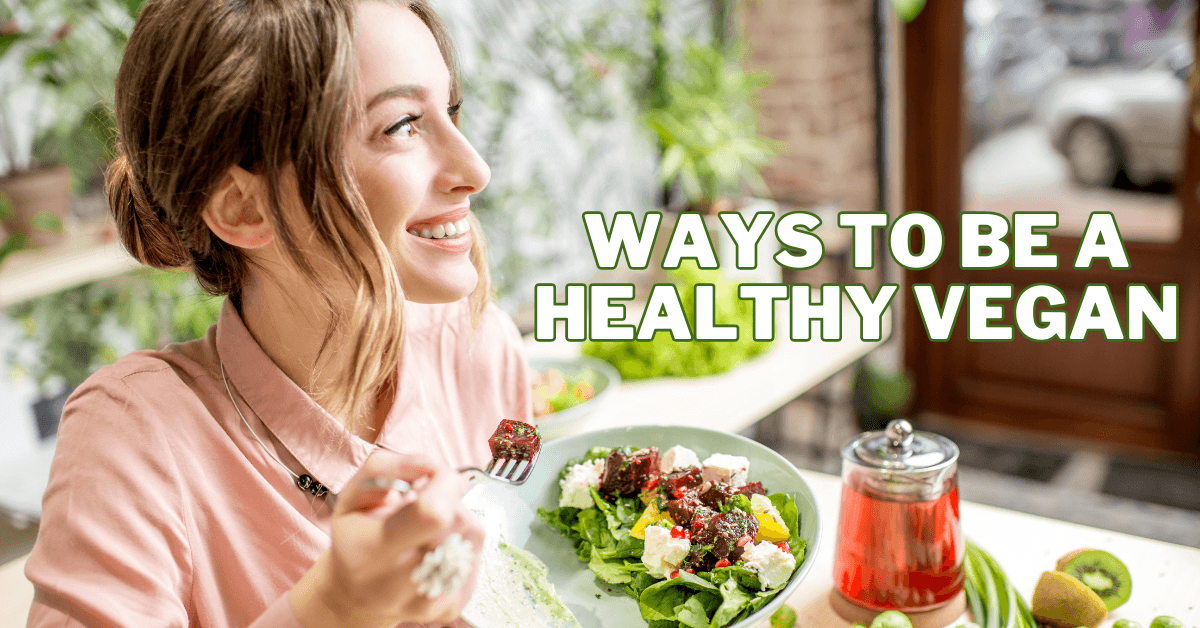
A Guide To Being A Healthy Vegan
Adopting a healthy vegan lifestyle involves more than simply avoiding animal-based foods. It entails thoughtful planning and understanding of the nutrients required for optimal health.
By implementing effective strategies and embracing key principles, you can nourish your body and mind while thriving on a plant-based diet.
By incorporating these strategies into your lifestyle, you can foster a sense of balance, vitality, and compassion as you nourish your body with wholesome, plant-based foods.
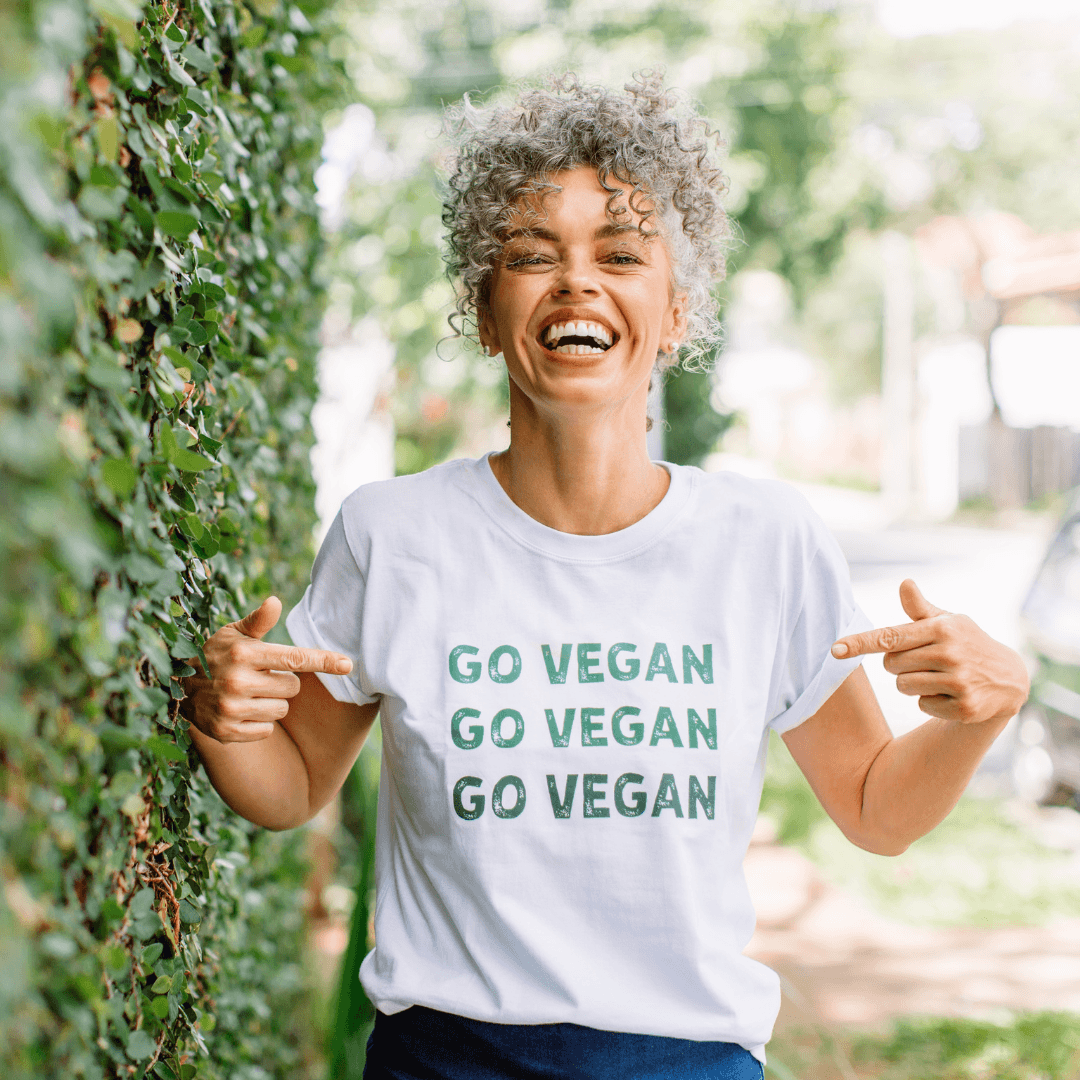
1. Educate Yourself – Understanding The Basics
To ensure a healthy vegan lifestyle, educating yourself about the basics of vegan nutrition is crucial.
Understanding the essential nutrients your body needs and their plant-based sources will lay the foundation for a well-rounded diet.
One key consideration is protein, which is important for muscle growth and repair. Legumes like lentils, chickpeas, and beans are excellent plant-based protein sources.
Additionally, tofu, tempeh, and seitan provide protein-rich alternatives to meat. Include a variety of leafy greens in your diet, particularly spinach, kale, and Swiss chard, which are high in calcium, iron, and vitamins A, C, and K.
Nuts and seeds, including almonds, walnuts, chia seeds, and flaxseeds, offer a host of nutrients like healthy fats, protein, fiber, and minerals.
These can be included in your diet as toppings for salads, ingredients in homemade granola bars, or as a spread like almond butter or tahini.
By familiarizing yourself with these plant-based protein sources, vitamins, and minerals, you can ensure that your vegan diet is nutritionally balanced and supports your overall well-being.
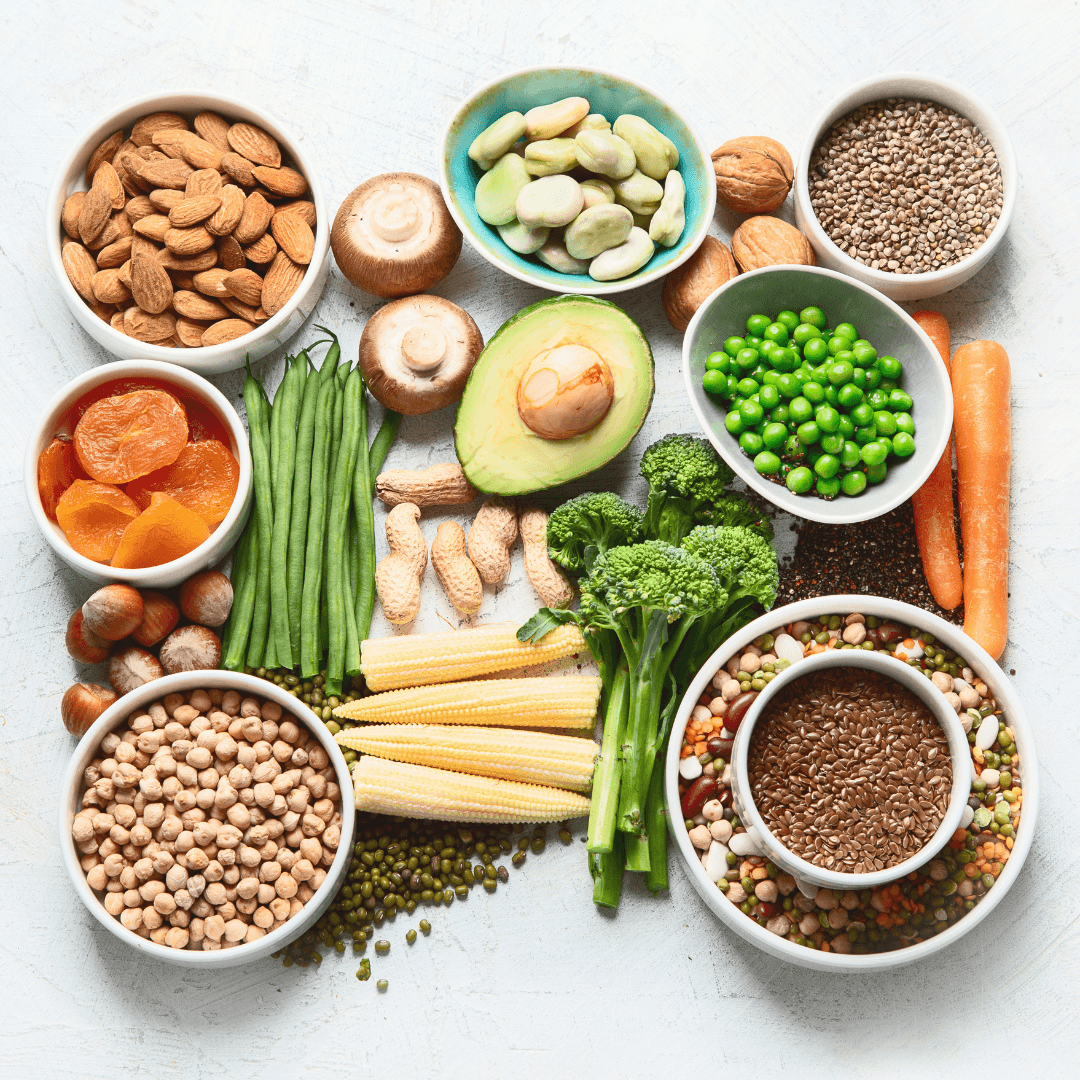
2. Embrace Whole Foods – The Power Of Plants
Embracing whole foods is a fundamental aspect of a healthy vegan diet. Whole, unprocessed plant foods contain essential nutrients and offer many health benefits.
Fruits and vegetables should form the foundation of your meals, providing an array of vitamins, minerals, and antioxidants.
Colourful fruits and vegetables, such as berries, citrus fruits, leafy greens, and cruciferous vegetables, offer diverse nutrients and phytochemicals.
Whole grains like quinoa, brown rice, oats, and whole wheat bread provide fiber, vitamins, and minerals while promoting satiety and stabilizing blood sugar levels.
Legumes, including beans, lentils, and chickpeas, are rich in protein, fiber, and various micronutrients.
They can be enjoyed as snacks, smoothies, or toppings for salads and yogurt. By incorporating a wide variety of whole, unprocessed plant foods into your diet, you'll maximize nutrient intake, support digestion, maintain a healthy weight, and promote overall vitality.
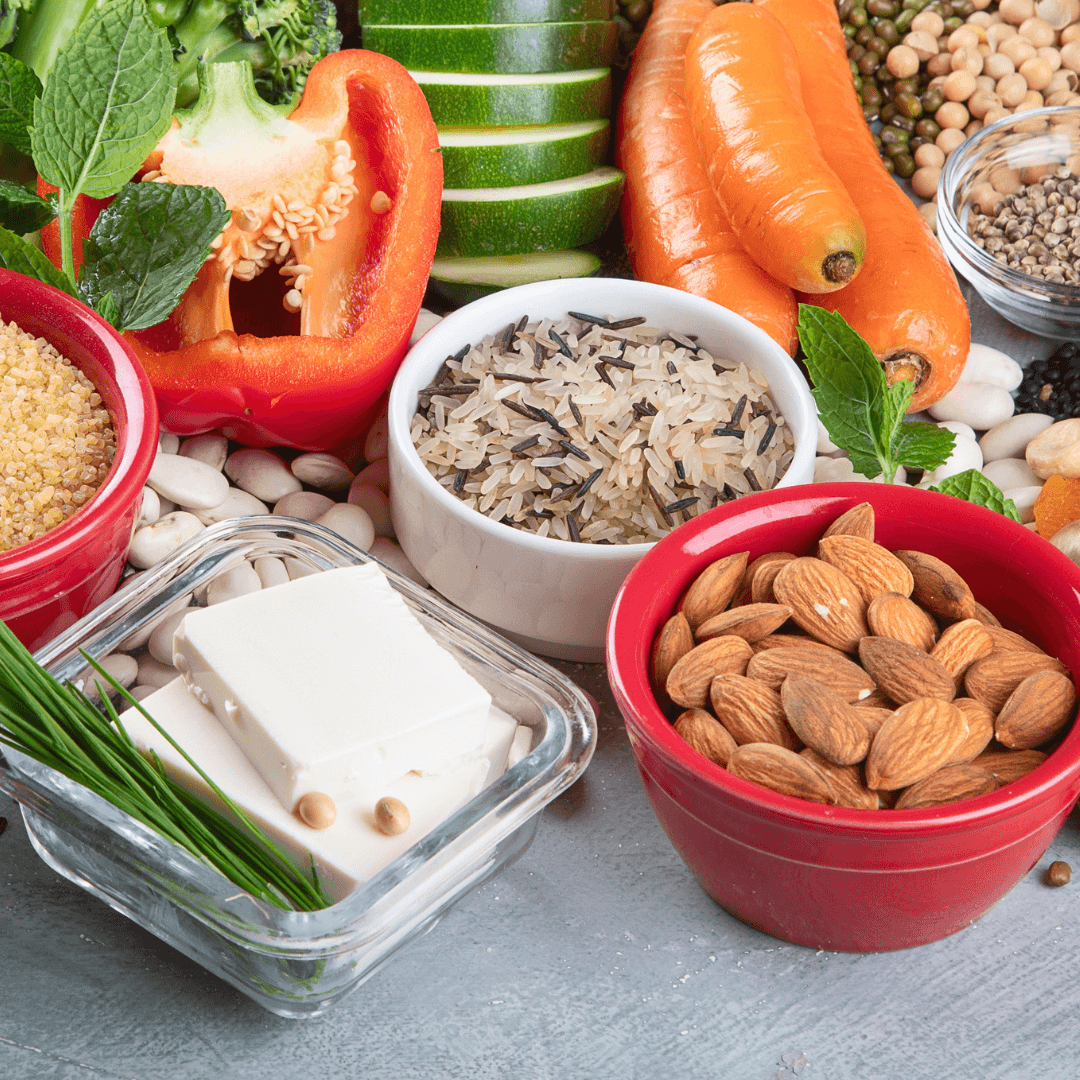
3. Ensure Adequate Protein Intake
Ensuring adequate protein intake is a crucial aspect of a healthy vegan diet. Protein is essential for building and repairing tissues, supporting immune function, and producing enzymes and hormones.
Fortunately, numerous plant-based protein sources can meet your needs. Legumes, including lentils, beans, and chickpeas, are excellent protein powerhouses.
They are versatile and can be used in various dishes such as soups, stews, salads, and plant-based burgers.
Quinoa, a pseudo-grain, is a complete protein source containing all nine essential amino acids. It can be enjoyed as a side dish, in salads, or as a base for grain bowls.
Tofu and tempeh, made from soybeans, are great options for providing significant protein. These can be used in stir-fries, sandwiches, or marinated and grilled as a protein-rich main course.
Additionally, incorporating nuts, seeds, and whole grains like amaranth and buckwheat into your meals contributes to protein intake.
Combining different plant-based protein sources throughout the day ensures that you receive a variety of amino acids, creating a complete protein profile.
Including a range of plant-based proteins in your diet supports your protein needs and provides fiber, antioxidants, and other essential nutrients for overall health.
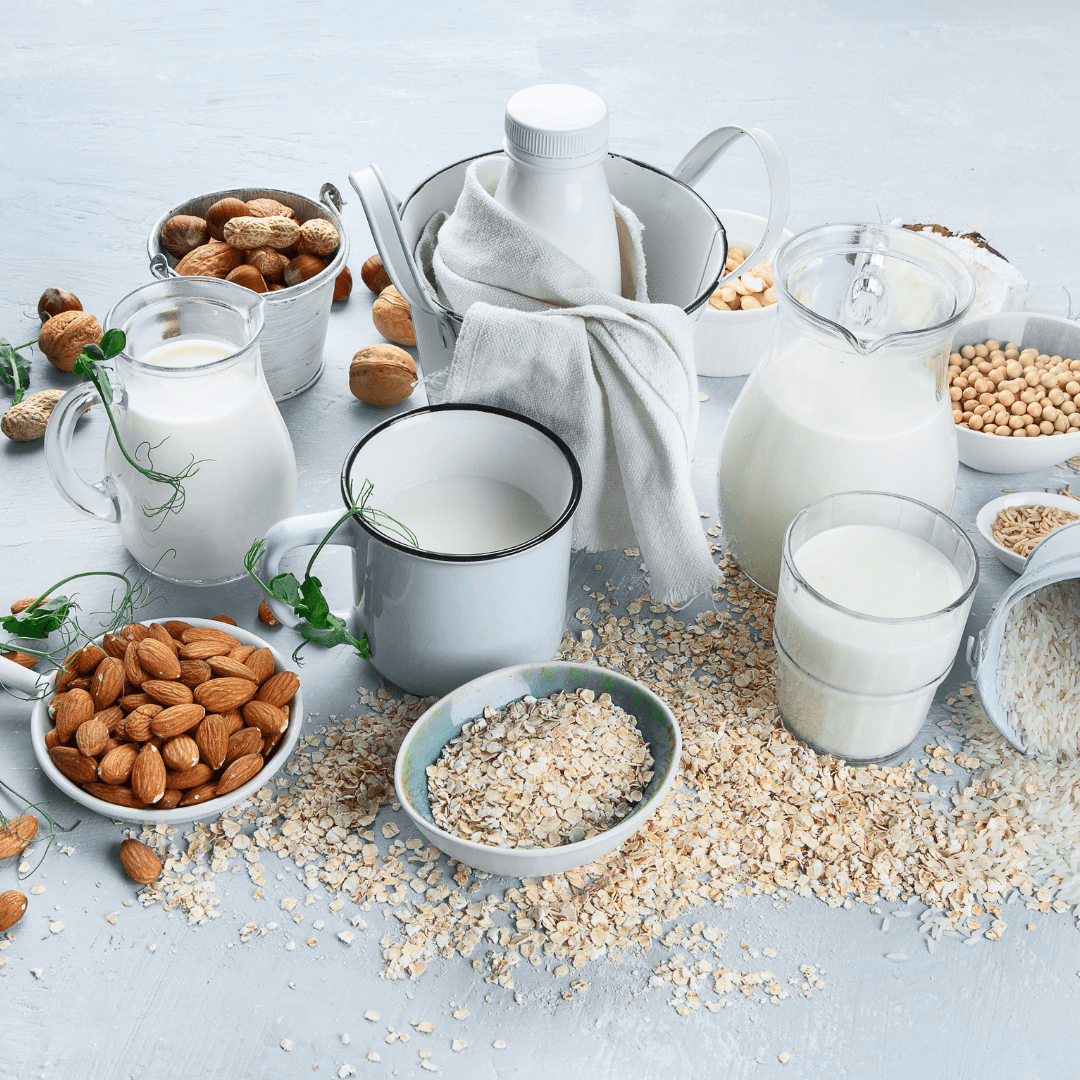
4. Monitor Key Nutrients – Vitamin B12, Omega-3s, Iron, Calcium, And Vitamin D
Monitoring key nutrients that may be less abundant is important when following a vegan diet. Red blood cell synthesis and neuron function depend on vitamin B12, predominantly in animal-based diets.
To meet your B12 needs, consider consuming fortified plant-based milk alternatives, breakfast cereals, or nutritional yeast.
Alternatively, a B12 supplement is recommended to ensure adequate intake. Omega-3 fatty acids, known for their heart and brain health benefits, can be obtained from plant-based sources like flaxseeds, chia seeds, and walnuts.
Including these foods in your diet or considering an algae-based omega-3 supplement can help meet your omega-3 needs.
Iron is necessary for the body to transport oxygen, and you can get it from plant-based sources by incorporating it into your meals.
Legumes like lentils and beans, as well as leafy greens like spinach, kale, and Swiss chard, are great sources of iron.
These vitamin C-rich foods, such as citrus fruits or bell peppers, can improve iron absorption when combined with these iron-rich foods.
Calcium, crucial for bone health, can be found in calcium-fortified plant-based milk substitutes, calcium-fortified tofu, and dark leafy greens like broccoli and collard greens. Your diet can help you meet your calcium needs by including these foods.
Monitoring and addressing these key nutrients in your vegan diet will help support your overall health and prevent nutrient deficiencies.
Regular blood tests and consulting with a healthcare professional or registered dietitian can provide further guidance based on your needs.
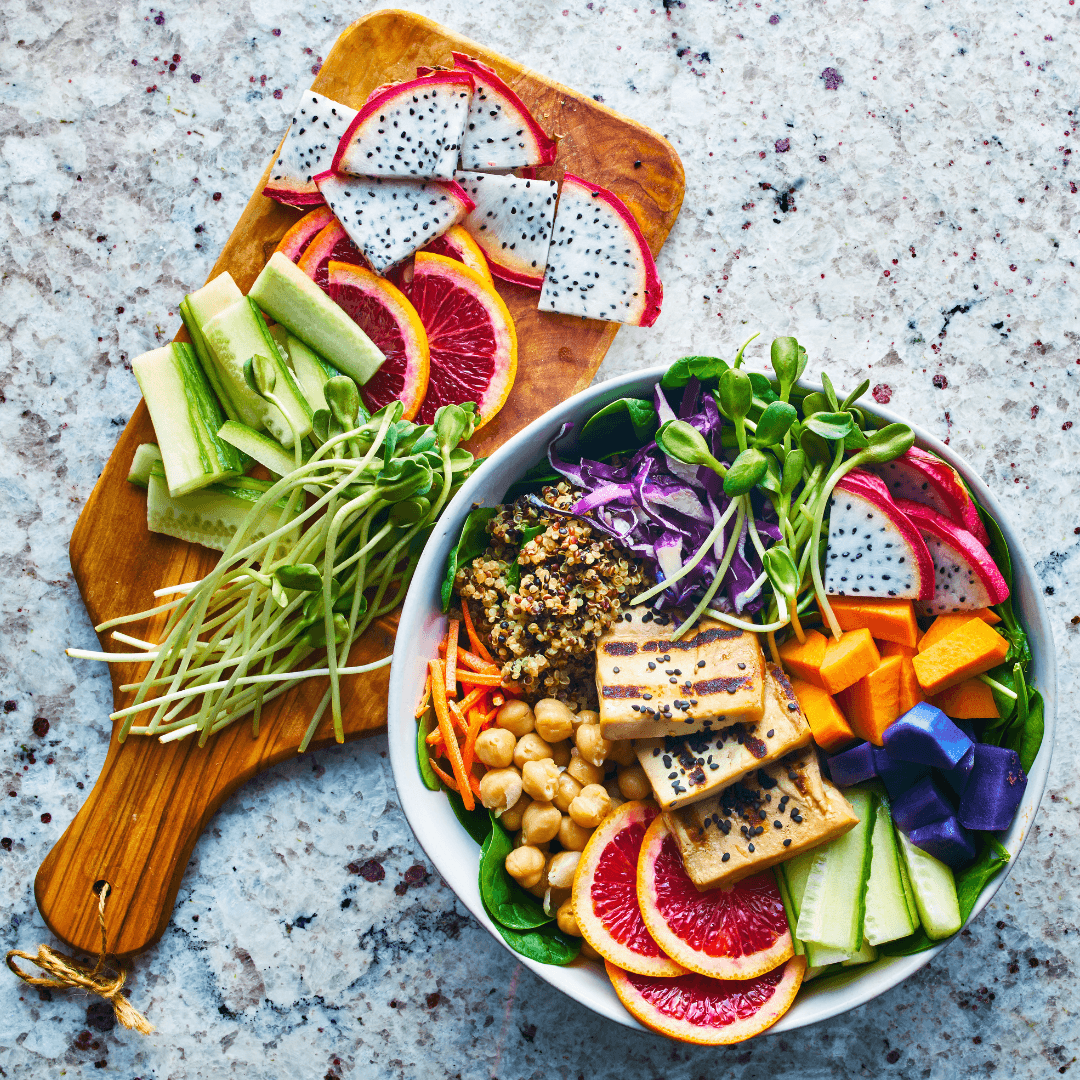
5. Diversify Your Plate – Colourful And Varied Meals
Diversifying your plate with colourful and varied meals is visually appealing and beneficial for your health.
Different colours in fruits and vegetables indicate various phytochemicals, antioxidants, vitamins, and minerals they contain.
Aim to include a rainbow of colours on your plate to ensure you get a wide range of nutrients.
Incorporate fruits and vegetables such as berries, oranges, spinach, bell peppers, carrots, beets, and purple cabbage.
These vibrant options provide abundant vitamins, minerals, and antioxidants that support overall health and boost immune function.
Whole grains like quinoa, brown rice, farro, and whole wheat pasta can be the foundation of your meals. They offer fibre, B vitamins, and minerals.
Try various whole grains to spice up your menu and add nutritional value. Your meals will taste better thanks to spices and herbs, which have extra health advantages.
Turmeric, ginger, cinnamon, cumin, and garlic are just some spices that can add depth and nutritional value to your meals.
Don't be afraid to try new recipes and ingredients to keep your meals exciting and satisfying.
Explore different cuisines, such as Mediterranean, Asian, or Mexican, to incorporate a variety of flavours and textures into your plant-based meals. This will help you discover new favorite dishes and prevent culinary monotony.
By diversifying your plate with colourful and varied meals, you'll get a broad spectrum of nutrients essential for optimal health.
The more diverse your diet, the greater the range of vitamins, minerals, and antioxidants you'll consume.
So, embrace the colours of the plant kingdom and enjoy the nutritional benefits they bring to your table.
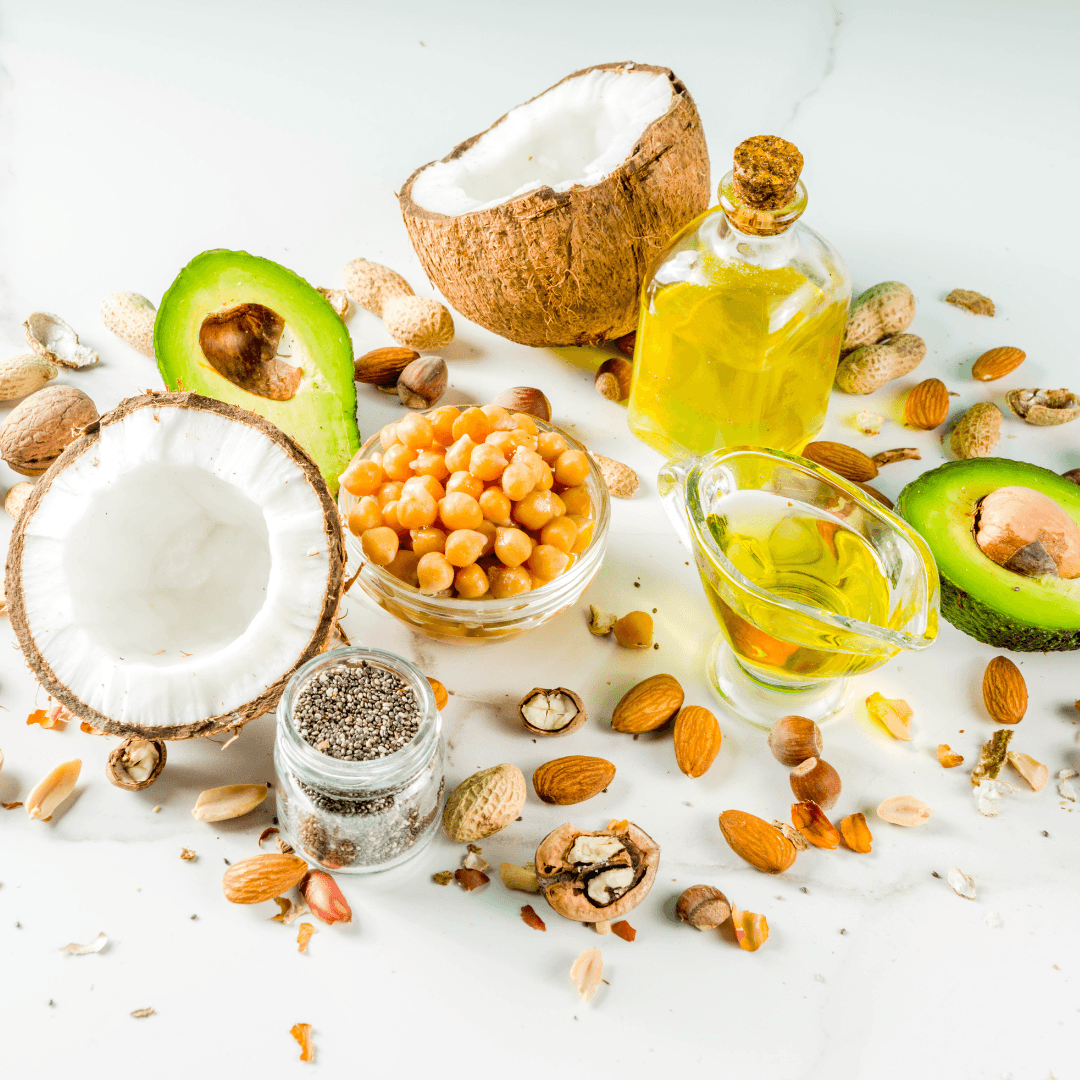
6. Prioritize Healthy Fats – Nourishing From Within
Prioritizing healthy fats in your vegan diet is essential for nourishing your body from within.
Healthy fats, such as avocados, nuts, seeds, and olive oil, offer numerous benefits. They provide a concentrated source of energy, support brain health, help regulate hormones, and aid in absorbing fat-soluble vitamins like vitamins A, D, E, and K.
Monounsaturated fats, which have been connected to heart health, are abundant in avocados. Avocado slices are delicious on toast, in salads, and when blended into creamy sauces or dips.
Almonds, walnuts, chia seeds, and flaxseeds are just a few examples of nuts and seeds that balance healthy fats, protein, fiber, and vital elements.
They make great snacks or can be incorporated into meals, smoothies, or homemade granola.
Extra-virgin olive oil, used in moderation, provides monounsaturated fats and antioxidants. Drizzle it over salads or roasted vegetables for added flavour and health benefits.
It's important to remember that while healthy fats are beneficial, they are calorie-dense. Be mindful of portion sizes and moderation, as excessive consumption can lead to weight gain.
Aim to incorporate small amounts of healthy fats into your meals and snacks throughout the day while keeping overall calorie intake in check.
By prioritizing healthy fats in your vegan diet, you support the health of your brain, heart, and overall well-being.
Including these sources of healthy fats adds richness and flavour to your meals while ensuring your body receives the essential fatty acids it needs for optimal function.

7. Stay Hydrated – Water Is Essential
Staying hydrated is crucial for a vegan to be healthy. Water is essential for maintaining body temperature, assisting digestion, carrying nutrients, and eliminating waste.
It is crucial to drink an adequate amount of water throughout the day to support these bodily functions.
The general recommendation is to consume around 8 cups (64 ounces) of water daily, but individual needs may vary based on factors like activity level, climate, and overall health.
In addition to plain water, herbal teas can add flavour and hydration. Herbal teas, such as chamomile, peppermint, or hibiscus, can be enjoyed hot or cold and provide a refreshing and hydrating alternative.
Infused water is another excellent option for adding a touch of flavour to your hydration routine.
Add slices of fruits like lemon, cucumber, or berries to a water pitcher and let it infuse for a refreshing and hydrating beverage.
You can increase your hydration by including water-rich fruits and vegetables. Fruits like watermelon, oranges, and berries have high water content and can help meet your fluid needs.
Vegetables such as cucumber, lettuce, and celery are hydrating options that can be incorporated into salads and smoothies or enjoyed as crunchy snacks.
Remember to listen to your body's thirst cues and drink water throughout the day, even if you don't feel thirsty.
By prioritizing hydration, you support proper bodily functions, promote healthy digestion, and maintain overall well-being as a vegan.
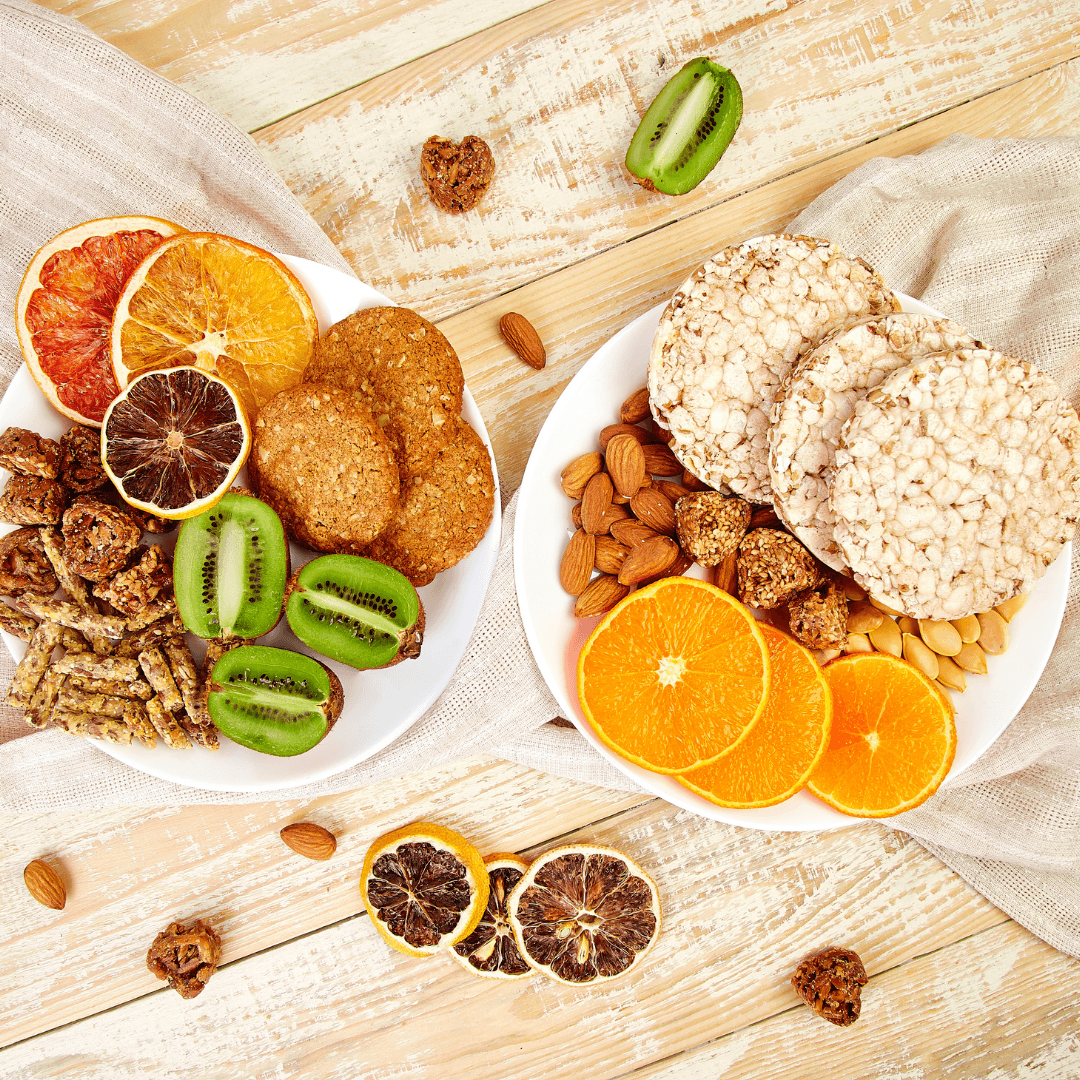
8. Mindful Snacking
Mindful snacking is an important aspect of maintaining a healthy vegan lifestyle. When choosing snacks, choose nutritious options that provide sustained energy and support your overall well-being.
Fresh fruits, such as apples, bananas, or grapes, are excellent choices as they are naturally sweet and packed with vitamins, minerals, and fiber.
Raw vegetables, such as carrot sticks, bell pepper strips, or cherry tomatoes, can be paired with hummus or nut butter for added flavour and a dose of healthy fats.
Homemade energy bars with nuts, seeds, dried fruits, and whole grains offer a convenient and nutrient-dense option.
You can customize them to your taste and avoid additives and preservatives in store-bought bars.
Additionally, a handful of nuts and seeds, like almonds, cashews, or pumpkin seeds, provides a satisfying crunch and a good dose of healthy fats, protein, and fiber.
Remember to practice portion control and be mindful of the caloric content of snacks, especially if you're watching your weight.
Being aware of portion sizes and choosing snacks that balance nutrients can help keep your energy levels stable throughout the day and support your overall health as a vegan.

9. Regular Physical Activity
Regular physical activity is a vital component of a healthy vegan lifestyle. Pairing your nutritious diet with exercise provides many benefits for your overall well-being.
Engaging in activities you enjoy makes exercise more enjoyable and increases the likelihood of sticking to a consistent routine.
Whether walking, running, cycling, dancing, or yoga, find activities that resonate with you and make you feel good.
Physical activity supports cardiovascular health, strengthens muscles and bones, and enhances flexibility and endurance. It also aids in weight management by burning calories and boosting metabolism.
Additionally, exercise releases endorphins, promoting a positive mood, reducing stress, and improving mental well-being.
Aim for at least 150 minutes of aerobic activity at a moderate intensity, 75 minutes of exercise at a strong power, and twice-weekly strength training.
Remember to listen to your body, start comfortably, and gradually increase intensity and duration.
Incorporating regular physical activity into your vegan lifestyle can enhance your overall health, increase your energy levels, and experience the joy of movement.

10. Regular Health Check-ups
Regular health check-ups are an important aspect of maintaining a healthy vegan lifestyle.
By scheduling routine visits with your healthcare provider, you can ensure that you're on track with your overall health and meeting your nutritional needs.
During these check-ups, your healthcare provider can assess your general well-being, monitor key health indicators, and order blood tests to evaluate nutrient levels.
This is particularly important for certain nutrients that may require closer monitoring in a vegan diet, such as vitamin B12, iron, and omega-3 fatty acids.
Your healthcare provider can provide personalized guidance based on your specific needs and make recommendations to optimize your nutrition and overall health.
They can address any concerns or questions regarding your vegan diet, offer dietary modifications if necessary, and provide referrals to registered dietitians or nutritionists specializing in plant-based nutrition.
Regular health check-ups allow you to stay proactive about your well-being, catch potential health issues early on, and ensure you thrive on your vegan journey.
Remember to discuss your dietary choices and any concerns related to your vegan lifestyle with your healthcare provider during these appointments.

11. Get Sufficient Rest and Sleep
Getting sufficient rest and quality sleep is crucial to maintaining a healthy vegan lifestyle.
Adequate sleep supports overall health, promotes physical recovery, and enhances cognitive function.
Setting up a regular sleep schedule might assist in regulating your body's internal clock, making it simpler to go to sleep and wake up at regular intervals.
Aim for 7-9 hours of sleep each night, allowing your body ample time to rest and rejuvenate. Creating a relaxing sleep environment is key. Make sure your bedroom is cool, quiet, and dark.
Consider including relaxing activities in your nightly routine, like reading a book, taking a warm bath, or engaging in mild yoga or meditation.
Limit exposure to electronic devices before bedtime, particularly blue light-emitting screens, as they can disrupt your natural sleep-wake cycle.
Avoid stimulating substances like caffeine or engaging in intense physical activity close to bedtime, as they can interfere with falling asleep.
Your immune system, mood, ability to concentrate, and general physical and mental well-being as a vegan will all benefit from prioritizing rest and sleep.
Conclusion
In conclusion, being a healthy vegan involves more than avoiding animal products. It requires thoughtful consideration of nutritional needs, mindfulness in food choices, and an active approach to overall well-being.
By educating yourself about vegan nutrition, embracing whole foods, and ensuring adequate protein intake, you lay a solid foundation for a nourishing vegan lifestyle.
By adopting these strategies, you can thrive on a vegan diet while promoting compassion for animals and the environment.
Remember, every individual's journey is unique, so listen to your body, seek support when needed, and celebrate your choices' positive impact on your health and the world around you.
Embrace a healthy vegan lifestyle and enjoy the rewards of a vibrant, compassionate, and fulfilling way of living.
I trust you enjoyed reading the article on the Best Ways To Be A Healthy Vegan. Please stay tuned. More blog posts will be posted very shortly.
JeannetteZ
>>>Please click here to read my Vegan Travel Guides To World Destinations<<<
>>>Do You Want To Surprise Your Family And Guests With Delicious Vegan Lunches And Dinners Regularly? Become A Member At Veecoco – My #1 Recommendation – And Have Access To Over 700 Delicious, Healthy AND 100% Vegan Recipes<<<
Your Opinion Is Important To Me
Do you have thoughts, ideas, or questions? I would love to hear from you. Please leave me your questions, experiences and remarks about the Best Ways To Be A Healthy Vegan in the comments section below. You can also email me at Jeannette@LivingTheVeganLifestyle.org.
Disclosure
This post may contain affiliate links. I earn from qualifying purchases as an Amazon Associate and other affiliate programs. Please read my full disclosure.
Here are links to some of my favourite articles:
Vegan Mindfulness And Mental Well-Being


